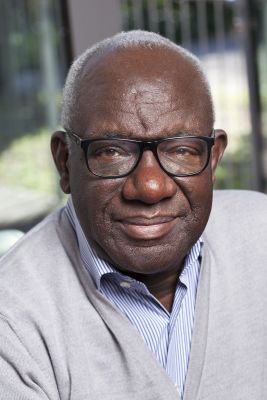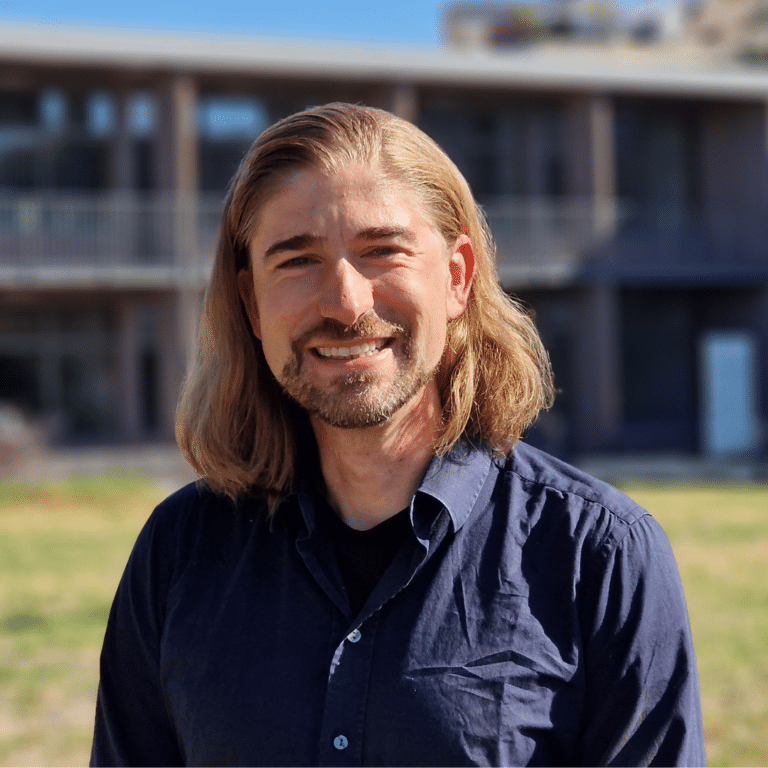Research project
Constitutional law and irenology: for a constitutional science of the crisis
Summary of the research project
Research on conflict reveals that periods of crisis, tension or war have been longer than periods of peace between nations or within nations. In international relations as well as in the national context, the principle seems to be the crisis while peaceful relations would be the exception. If this assertion is correct, it is even more so in Africa.
It is true that conflicts are inherent in society. But African countries, particularly those in the French-speaking world, have indeed experienced long periods of crisis and conflict. This was the case in West Africa during the pre-colonial period, during colonization and during the post-colonial period. That this trend still persists today may at least seem strange. We note that on the continent, about thirty-four countries, out of the fifty States, are currently experiencing an open or latent crisis.
Yet, after their independence, the countries of West Africa, in their majority, have experienced a development that could be summarized in three major stages. Initially, the political regimes established were characterized by a certain authoritarianism. They were all marked by the single-party system, with all the already known consequences attached to it. Then they started what is called the opening of the democratic transition. Finally, we are currently witnessing a management of this transition made of ups and downs, with alternating advances and democratic setbacks.
But what characterizes even more the current period is, paradoxically, the upsurge of crises. This situation is all the more surprising as the opening of the democratic transition had raised a wind of hope. This opening was marked by the national conference of February 1990 in Benin, which was followed by others of the same kind in francophone countries. The purpose of these conferences was to take stock of the exercise of power in the countries concerned and to establish a new legal and political order. It was thus possible to note an opening towards political pluralism through the recognition of multiparty ism, the promotion of decentralization, the affirmation of the freedom of trade in industry, the consecration of autonomous constitutional jurisdictions, the creation of independent administrative authorities, etc.
These crises, which currently plague the political regimes of French-speaking West Africa, usually originate in the struggle for the accession to power and its preservation, that is to say in the organization of the presidential election. So they are fundamentally political in nature. But the reality is that as these crises evolve, they gradually take on three aspects. First, they often take the form of a well-defined political dispute between the majority and the opposition over the conditions for a transparent and democratic election. It is then that they take on a different nature by becoming national, before finally becoming international. But with time and mismanagement, these crises turn into security problems with the repression they generate. This repression, in turn, often provokes population displacement, which will give rise to these humanitarian crises.
In the face of this situation, thirty years after the opening of the democratic transition, there is a legitimate question as to whether constitutional law, which is intended to govern the functioning of political institutions, does indeed fulfil this function and is still relevant. The failure of attempts to constitutionalize political life through the submission of power to the law is becoming obvious. Indeed, we are faced with a cyclical evolution of African political regimes, made of a constitutional yoyo-yo game oscillating between progress and negations of democratic principles. It is therefore necessary to reflect on a new approach to constitutional law in francophone Africa.




